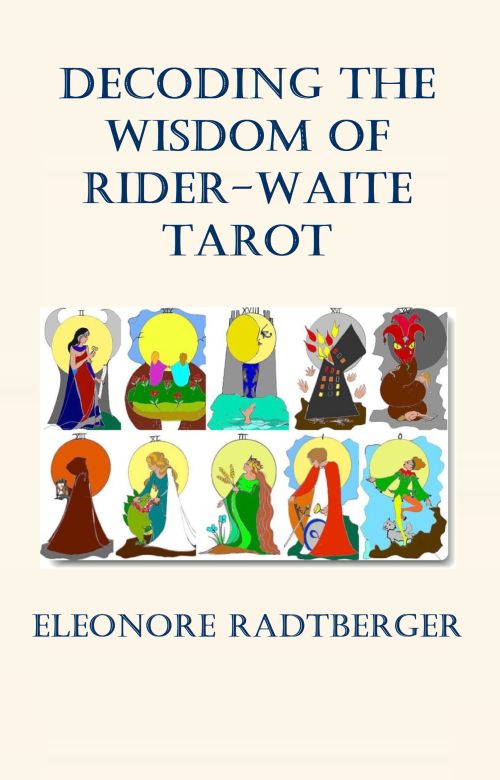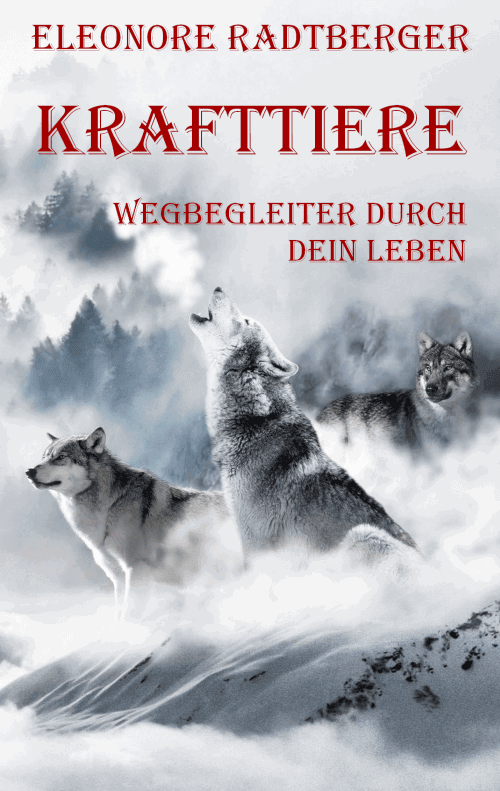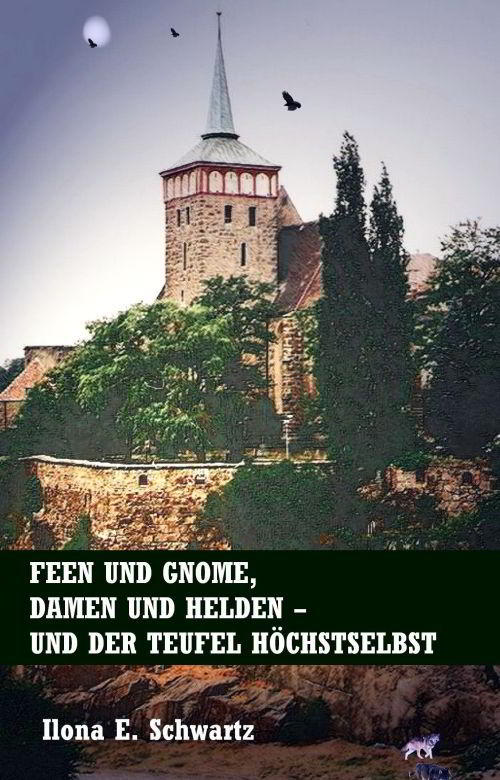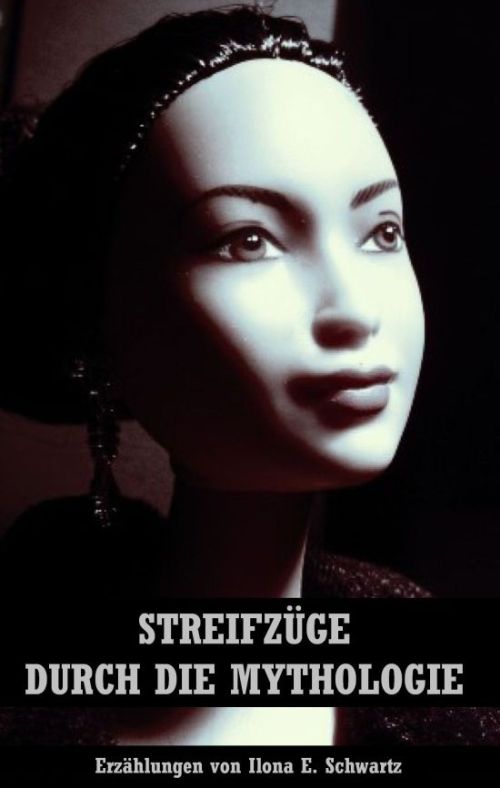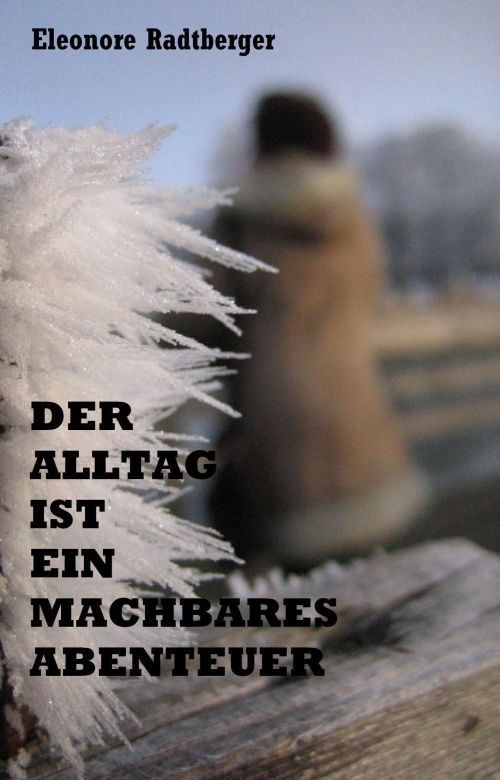
|
No mercy for the human race
Review of the eco-thriller 'The Swarm: A Novel of the Deep' by Frank Schätzing
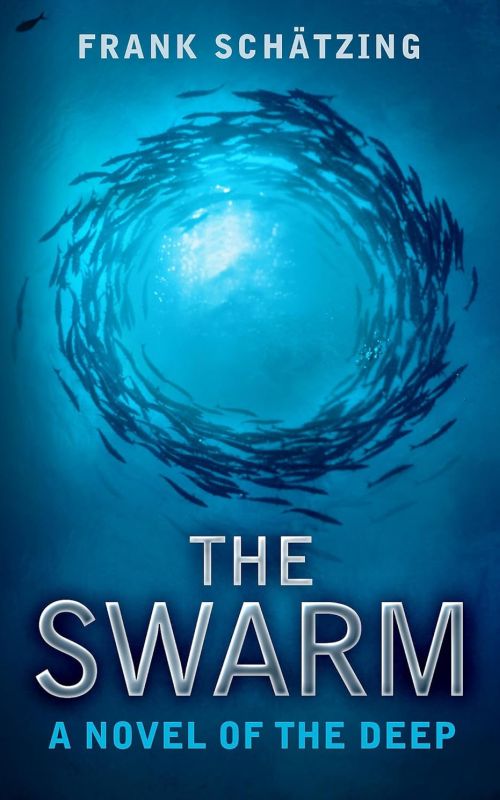
Sometimes you just miss a bestseller. You're one of the few people who don't read it, because somehow you never get around to it. And then, years after its publication, a book like this falls into your hands. I've always wanted to read this, you think. You pick it up and you realise you've got a timeless work – one that has remained relevant and is likely to remain so.
Such a book is 'The Swarm: A Novel of the Deep' by German author Frank Schätzing.
It is essentially about a war that is being waged. Completely alien beings attack, showing a high level of intelligence and carrying out their attacks with precision and extreme efficiency. They are not aliens, as you might think, but creatures from the sea. Ultimately, it is the sea itself that must be understood as a living being, defending itself against pollution and human attacks.
Schätzing's newly discovered intelligence is completely different from that of humans, but no less intelligent for it. And everything in the book revolves around this core. The people are characterised with great depth, the scientists and the military – nothing is superficial. But they all have to come to terms with a completely new way of thinking, namely that something as completely different as the complex creature with the stored memory has no less right to exist than our species. The human image is incapable of reflecting otherness, but precisely because of this, the investigating scientists expose a very antiquated self-image.
Recommended reading: (Advertising) 'The Swarm: A Novel of the Deep' is available in paperback, hardback, e-book and audiobook formats. A highly interesting, very exciting and also very disturbing eco-thriller – a must read.
The core statement 'God created us in his image' seems to be more deeply rooted in us than we realise – whether we are Christians or not. All other living beings are judged by us according to their similarity to us, according to certain points of intersection in their behaviour. Roughly speaking, this means that we prefer animals whose behaviour resembles ours in some way. Dolphins tend to communicate, apparently with us. Sharks are more aloof – we dislike them not just because they hunt, but because we have nothing in common with them. But their role in nature is just as important as that of dolphins. To recognise a completely alien species, we need similarities, the knowledge that it is like us.
The humans in Schätzing's story are confronted with the astonishing fact that they have long shared the planet with a species that is equal to or superior to them in development, without suspecting it. They see single-celled organisms that have joined together to form a vast swarm – but it is one living creature. And it has declared war. Eventually a truce is agreed, a sort of armistice – for now. No more is to be expected.
In Frank Schätzing's masterful eco-thriller, the human species is given a kind of credit – one that will be immediately and completely forfeited if the tacit agreement is not honoured. This means that humans will be wiped off the planet's biodiversity. And that's by a life form that was simply overlooked because no one remotely thought that something that has absolutely nothing in common with us would have the power to do that. Not here on this planet. After all, it wasn't a 'home game' for humans, it was for the much older and better adapted race.
© "No Pardon for the Human Species": The review of 'The Swarm: A Novel of the Deep' was written by Winfried Brumma (Pressenet), 2011. Book cover: Hodder Paperbacks.
– My Grandpa is a pretty cool guy (Short story)
– The nasturtium is a fiery beauty that captivates us
– Nell Gwyn, the Drury Lane girl: I am the Protestant whore
Discover more articles! Use the search function:
English archive:
More reviews, book presentations and essays
2024/2025
German archive:
2024 |
2023 |
2022 |
2021 |
2020 |
2019 |
2018 |
2017 |
2016 |
2015 |
2014 |
2013 |
2012 |
2011 |
2010 |
2009
Become a writer for Pressenet! Write articles for our online magazine on trending topics such as best books to read, health and wellness, technology and gadgets, business and finance, travel and tourism, lifestyle and fashion or education and career. Info: Become an author
Sponsors and investors are welcome: If you found our articles interesting, we would be grateful for a donation. Please also recommend us to your networks. Thank you very much!
Sitemap About Privacy Policy RSS Feed
